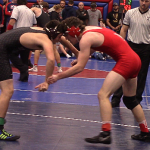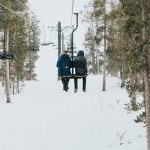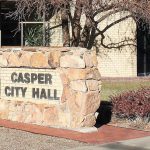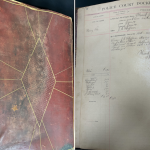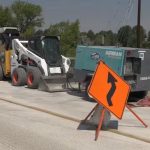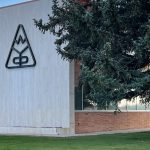A new report from the University of Wyoming’s survey center shows a majority of Wyomingites are willing to take a vaccine once it becomes available. But there is still a large faction who thinks a vaccine is unnecessary.
Every election year, the Wyoming Survey and Analysis Center (WYSAC) conducts a survey of Wyomingites’ attitudes on current affairs. In 2020, several of those questions dealt with the ever-present coronavirus.
Specifically, surveyors asked their random sample of more than 600 residents how they felt about taking a vaccine for COVID-19 once it becomes available. The survey was conducted in October, using both landline and cell phone numbers to reach respondents.
“Basically, Wyomingites fit the pattern of the nation as a whole,” said Jim King, a UW political science professor involved with the survey. “About three-fifths of the population is willing to take a vaccine for the coronavirus. And about two-fifths are not. And these numbers match very closely with national surveys.”
In the WYSAC survey, 58 percent of respondents said they would definitely or probably take the vaccine, while 36 percent said they would definitely not, or probably not, take one.
Gallup also found 58 percent of Americans willing to take a vaccine, while Pew Research Center found 60 percent – both of which are easily within the WYSAC survey’s margin of error for the state. The WYSAC survey’s margin of error is plus-or-minus four percentage points.
Follow-up questions found a correlation between people’s level of concern about the virus and their willingness to take the vaccine. Those who are more worried about themselves or a loved one catching the disease are generally more likely to want the vaccine.
“Among those who are worried that they or a family member would contract the disease, 83 percent indicated they would get the vaccine if it became available,” King said. “Of those who are not worried, only 39 percent. So you see a very tight correlation there between people’s concern about the disease and their views on getting the vaccine.”
King said these findings make intuitive sense.
“Really what we have here is a situation where the level of concern about the coronavirus disease – and people’s concern about whether or not they will contract it – drives their attitudes on the rest of the issues related to this particular issue,” he said.
Among those who do not expect to get the vaccine, there was an age divide in their reasoning. Older respondents were more likely to report not trusting vaccines in general, while younger respondents were more likely to say this vaccine specifically was unnecessary.
The survey also asked respondents about their opinions on candidates in this year’s general election, and other contemporary issues like early voting.


